19/07/2013
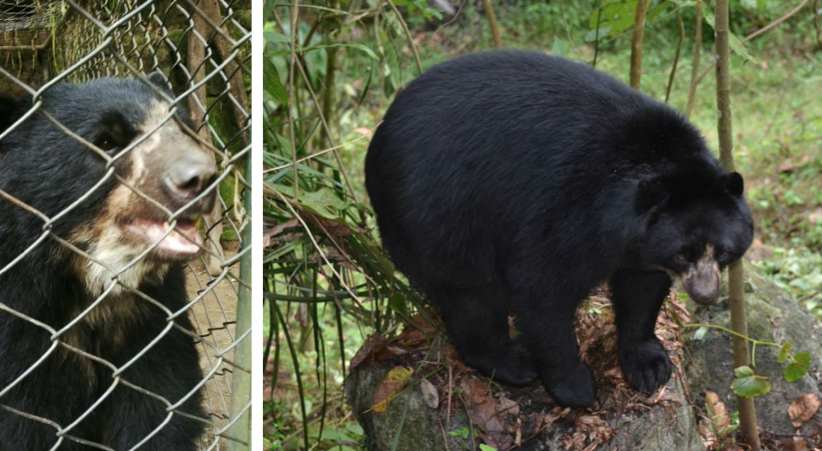
Two female spectacled bears (Tremarctos ornatus) named Kina and Josi have been welcomed into the Bear Rescue Project at Inkaterra Machu Picchu Pueblo Hotel. The two bears, who are twins, now have a new place to call home thanks to a collaboration between the Inkaterra Association (ITA)´s representative, resident biologist Carmen Soto at Inkaterra Machu Picchu Pueblo Hotel, the Wildlife Technical Administration (ATFFS), the Attorney General’s Office and the Forest Police.
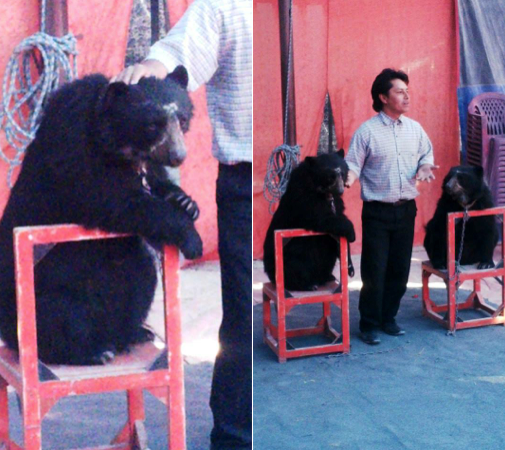
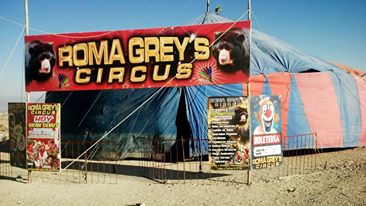
Found in a local circus, the bears though docile and well fed by their tamer Ramiro Chávez, were chained to a box that served them as a shelter inside the circus tent. The owners cooperated with the authorities and organised the transfer from Arequipa to Inkaterra’s Machu Picchu Pueblo Hotel. Access to Peru’s renowned bear sanctuary is only possible by foot or train, and the Perurail railway company kindly helped the mission, allowing Kina and Josi to travel from Pachar Station to Machu Picchu Pueblo in a special wagon.
Have arrived at the Spectacled Bear Project at Inkaterra Machu Picchu Pueblo, Kina and Josi’s quarantine began. After settling into their new home, they were introduced to male resident bears, Yogui, Pepe and Coco. These bears were also found in inadequate circumstances, and now are kept at Inkaterra in a perfect living space for them, with sufficient daily nutrition of fruits and vegetables.
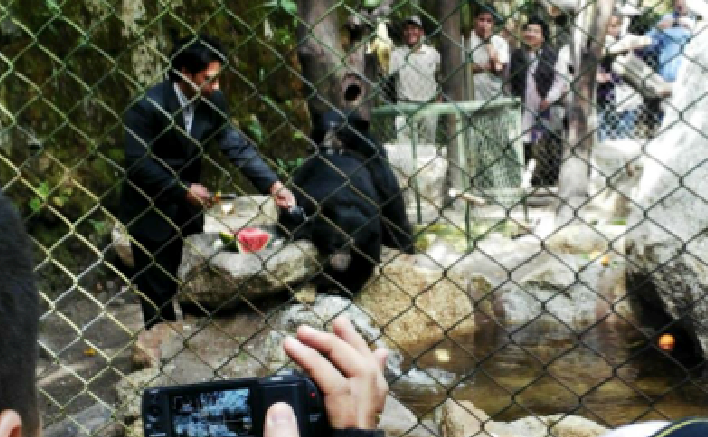
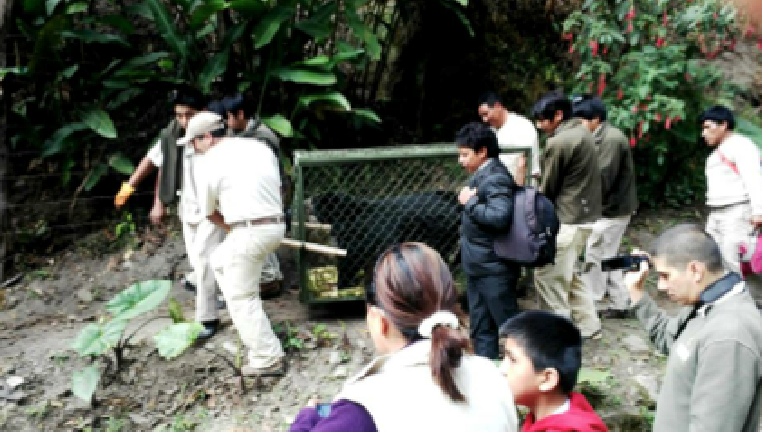
Coco, the youngest of the bears (3) was then transferred by rail to a fenced semi-captivity area at Chacra Inkaterra (the Inkaterra green farm) nearby. There, Coco will have a hectare to explore and feed himself from the nearby trees. After forty days, Josi will join Coco for them to get to know each other a little better…
With a vulnerable conservation status, the spectacled bear is under threat of extinction due to illegal hunting and the loss of habitats due to deforestation and increasing human populations. This then has a negative knock on affect for o ther local wildlife. Spectacled bears have many kilometres of territory and when feeding, spread seeds around their habitat. This contributes to the growth of plants that feed many other species. The disappearance of spectacled bears thereby contributes to the loss of this bountiful ecosystem.
As these bears lose their survival capabilities when under human influence, they cannot return to the wild immediately (in some cases they will not adapt ever again). Inkaterra’s Spectacled Bear Project provides the best conditions for these five bears and is an on-going project towards the conservation and reproduction of these species. With these two new female spectacled bears, there’s hope that more bears will be able to call this place home.
19.7.13
